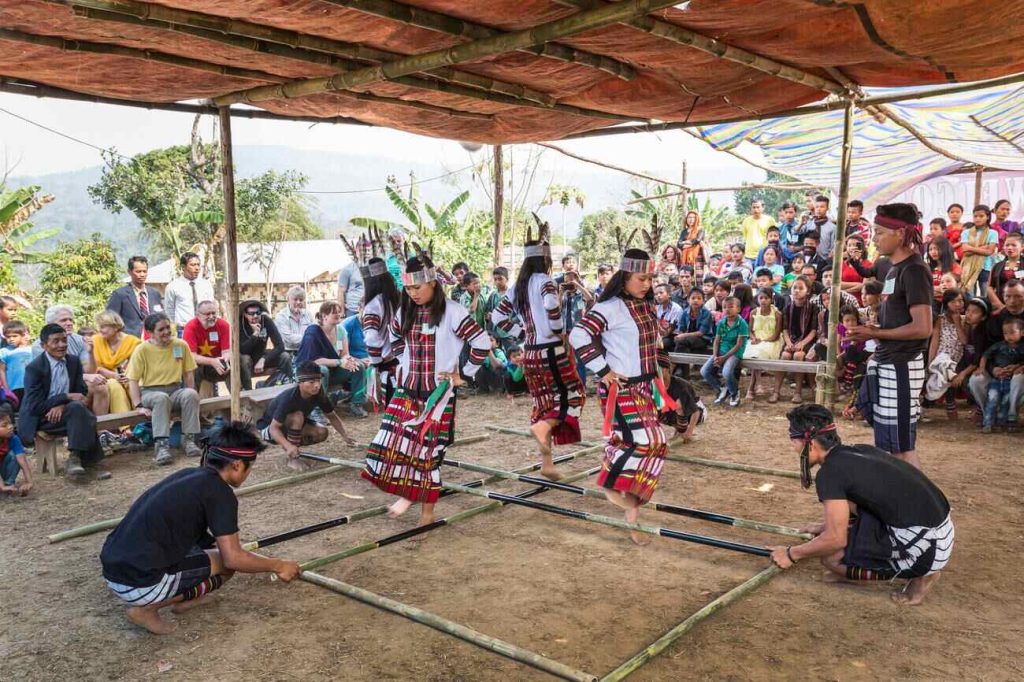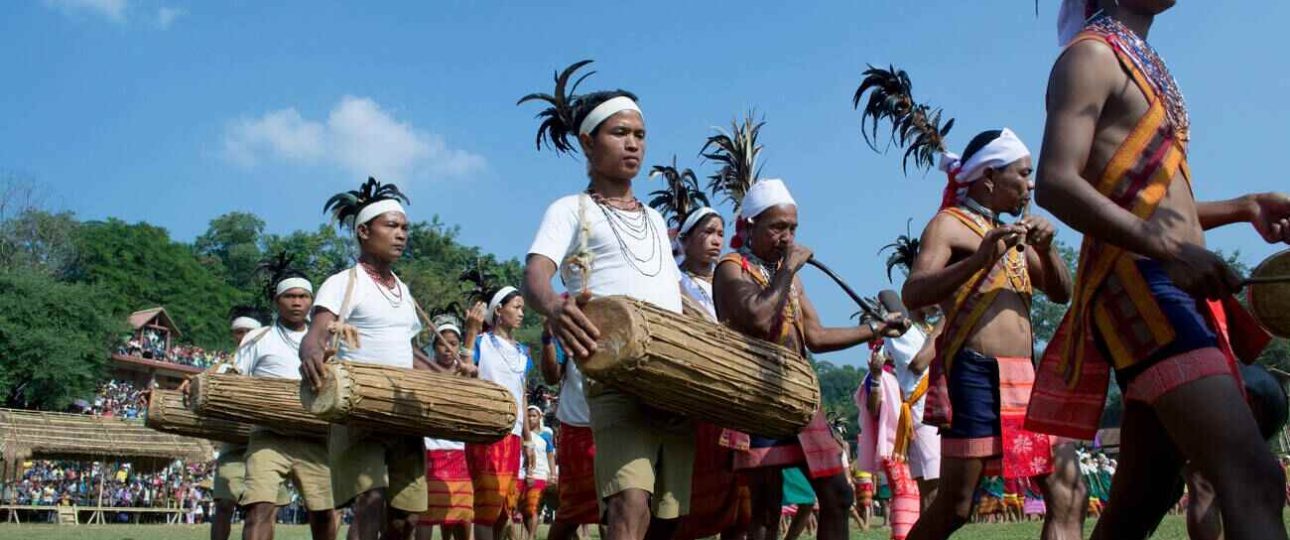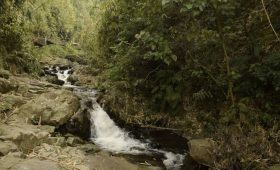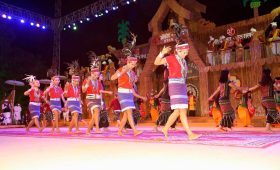Welcome to our exploration of the captivating languages of Meghalaya! Nestled in the lush greenery of northeastern India, Meghalaya boasts a rich tapestry of languages that reflect its diverse cultural heritage. Among these, the Khasi language stands out as one of the prominent tongues spoken in the region.
As we delve into the linguistic treasures of Meghalaya, we’ll uncover the unique characteristics and significance of the Khasi language, along with a glimpse into other languages spoken in this enchanting land. From the melodious tones of Garo to the lyrical beauty of Jaintia, each language adds its own distinct flavor to the cultural mosaic of Meghalaya.

Join us on this journey as we unravel the mysteries of Meghalaya’s languages, exploring their origins, evolution, and influence on the vibrant communities that call this region home. Whether you’re a language enthusiast, a curious traveler, or simply eager to learn more about the cultural diversity of India’s northeastern states, this blog promises to be an enlightening and enriching experience. So, let’s embark on this linguistic adventure together and uncover the fascinating world of Meghalaya’s languages!
Languages of Meghalaya
1. Khasi:
The Khasi language, predominantly spoken by the Khasi people of Meghalaya, is renowned for its rich oral tradition and unique grammar. It serves as a vital link to the cultural heritage of the region, with its own script and literary works. It is one of the most spoken languages of Meghalaya.

2. Garo
Spoken by the Garo ethnic group, the Garo language boasts a distinct script and is widely used in both spoken and written forms across Meghalaya. It plays a crucial role in preserving the cultural identity of the Garo community. It is one of the most spoken languages of Meghalaya.
You can also read about Wari Chora: 4 amazing things you shouldn’t miss.
3. Jaintia
Jaintia is the language spoken by the Jaintia people of Meghalaya. Like Khasi and Garo, it contributes to the linguistic diversity of the region, with its own unique characteristics and cultural significance. It is one of the most spoken languages of Meghalaya.

4. Bengali
While not indigenous to Meghalaya, Bengali is widely spoken, especially in urban areas and among migrant communities. It serves as a common language of communication for a significant portion of the population.
5. Assamese
Similar to Bengali, Assamese is spoken by a significant portion of the population, particularly in the western parts of the state. It has its own distinct features and cultural influences.
6. Hindi
As the national language of India, Hindi is also spoken and understood by many residents of Meghalaya, especially in educational and official settings. It serves as a bridge language for intercultural communication.
FAQs
-
How many languages are spoken in Meghalaya?
Meghalaya is home to several languages, with three major indigenous ones: Khasi, Garo, and Jaintia. Additionally, languages like Bengali, Assamese, and Hindi are also spoken due to cultural diversity and migration.
-
How do we say hello in Khasi?
In Khasi, “hello” is commonly expressed as “Khublei.” It’s a warm greeting often used to welcome someone or initiate a conversation.
-
What is Meghalaya famous for?
Meghalaya is renowned for its picturesque landscapes, lush greenery, and stunning waterfalls, earning it the nickname “the abode of clouds.” It’s also known for its unique living root bridges, vibrant tribal cultures, and diverse culinary delights.
-
What is the religion of Meghalaya?
Meghalaya is a predominantly Christian state, with Christianity being the dominant religion practiced by a majority of the population. However, traditional indigenous beliefs and practices also hold significant influence, particularly among tribal communities.



